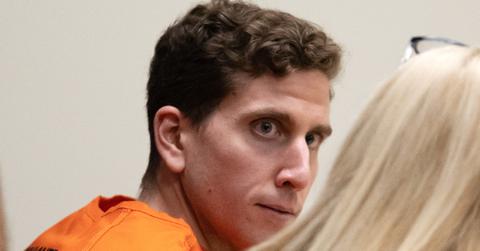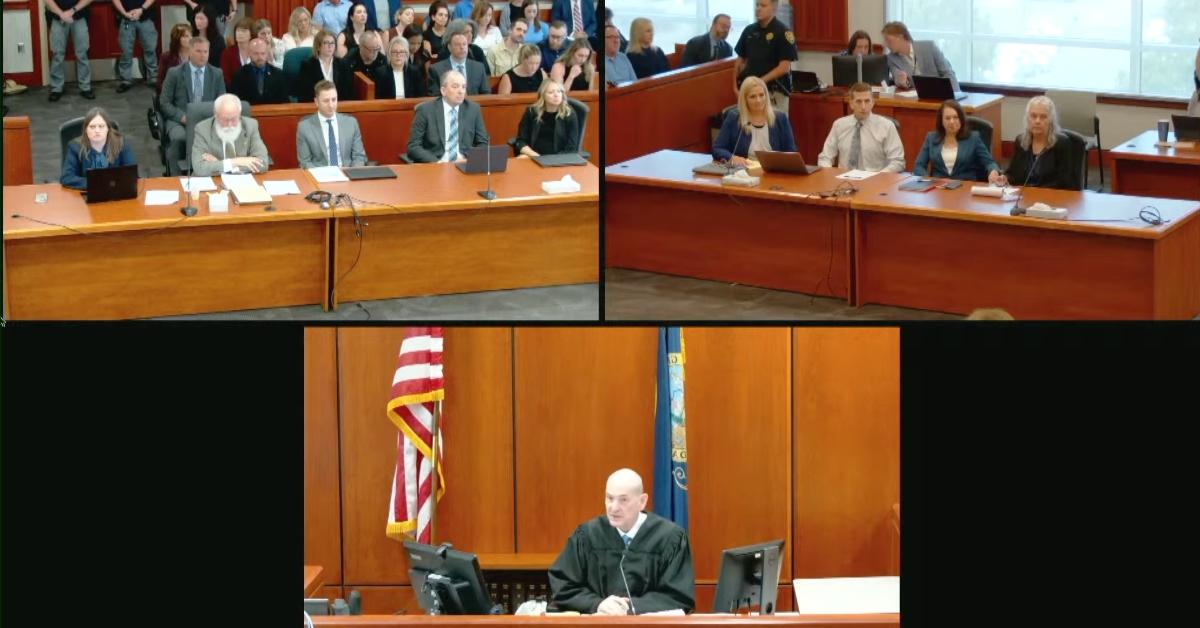Bryan Kohberger Admits to Killing the Four University of Idaho Students — Here's Why
Bryan Kohberger's lawyers said the death penalty would be dehumanizing for their client.
Published July 2 2025, 4:06 p.m. ET

On Nov. 13, 2022, a burglar brutally murdered Kaylee Goncalves, 21; Madison Mogen, 21; Xana Kernodle, 20; and Ethan Chapin, 20, in their home in Moscow, Idaho. The house was located near the University of Idaho, where the four victims were students. A little over a month later, authorities arrested 27-year-old Bryan Kohberger, a graduate student studying at Washington State University.
In May 2023, Kohberger stood before Judge John Judge while he read him his rights as well as the charges outlined in the indictment. When asked about his plea, Kohberger's attorney stood up and said, "Your honor, we are standing silent," per CNN. As such, the judge entered not guilty pleas on Kohberg's behalf. After waiving his right to a speedy trial, the trial date was pushed back multiple times. Finally, in July 2025, Kohberger pleaded guilty. Why did he do it? Here's what we know.
Why did Bryan Kohberger plead guilty?
According to NBC News, ahead of Kohberger's August 2025 trial date, Judge Steven Hippler denied a request from his attorneys. Kohberger's legal team was hoping the judge would strike capital punishment as an option. The lawyers argued that upon learning that Kohberger had autism spectrum disorder, the death penalty would be "dehumanizing." In his ruling, Judge Hippler wrote, "No court has ever found ASD to be a categorically death-disqualifying diagnosis."
Nearly three months later, Kohberger was in front of the judge, entering his guilty plea in order to avoid the death penalty. The Idaho Statesman reported that Kohberger's plea deal removed the death penalty in exchange for a guilty plea on all the charges. He also agreed to a life sentence without the possibility of parole and waived his right to appeal.
Why did Bryan Kohberger do it?
Regarding Kohberger's motive, that has yet to be revealed. Kohberger did not say much while entering his guilty plea. He told the court he was satisfied with the advice given by his attorneys and was made aware of the consequences that come with entering the guilty plea. When asked by the judge if he was pleading guilty because he was guilty, Kohberger simply said yes.
